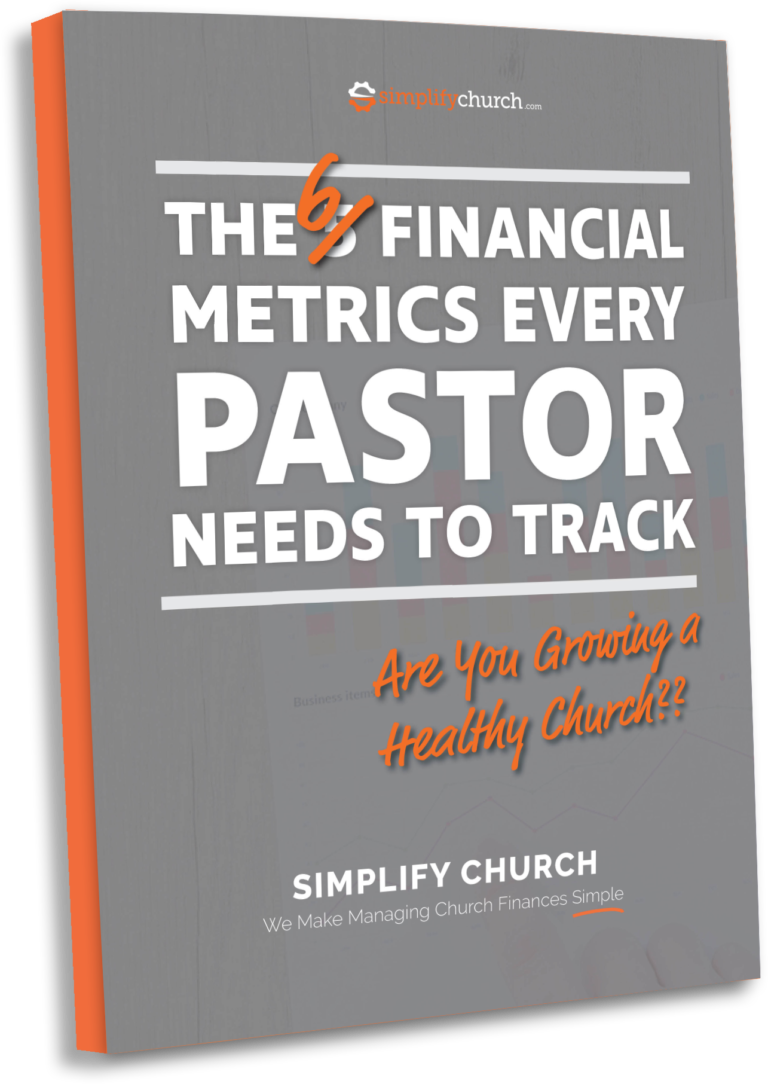I recently read a statistic that said roughly half the churches in America spend a percentage of their income on debt retirement each year. In all honesty, it’s not hard to believe. But imagine with me, just for a moment, the impact our churches could have if they weren’t burdened by debt.
While we most likely won’t remedy church debt in the near future, what we can do is talk about the importance of budgeting for churches. Especially if your church is one that spends a percentage of its income paying down debt, it’s imperative that the church is making wise spending decisions with the money that has been entrusted to it. I’ve compiled a list of seven church budgeting mistakes I see churches make on a regular basis.
1. You don’t have a budget
I am amazed at how many churches I consult with that don’t have a budget. I mean I get it. Finances aren’t always fun. But a comprehensive budget is crucial for the next step of growth in your ministry. It provides a filter for making spending decisions that come up throughout the year and it provides a measure and benchmark to track the financial health of the church.
A budget doesn’t have to be complicated. It is simply a plan for how to use the money provided by the faithful gifts of church attendees. It provides a filter for making spending decisions that come up throughout the year and it provides a measure and benchmark to track the financial health of the church.
2. You don’t have someone responsible for building/tracking your budget
It is one thing to say you need a budget. But who actually puts the budget together? Is it something that you put off doing because it falls outside of your zone of expertise?
You don’t have to be the one to put together the budget if finances aren’t you’re thing, but you need to have a plan for who will do it. It could be a treasurer or bookkeeper, it could be a finance committee, it could be a staff member or your elder team. The important thing is to designate someone(s) and make sure he/she/they have what they need to build an annual budget.
3. Your budget isn’t consistent with your mission & vision
In churches, it’s easy to spend money. There are many “good” ministry activities to support. But how do you know the money you’re spending is the BEST use of funds?
The only way is to budget for expenses based off your vision. Ask yourself, “Does this expense help us accomplish ______________ (insert your vision statement here)?”
4. You don’t have an accurate picture of where your church is at financially
Too many churches have no idea of the current financial situation. Maybe they haven’t completed their monthly bank reconciliations. Or they are using an outdated system to try to manage their financials.
One of the best indicators of how you are spending and allocating your spending for your ministry is to look back at historical patterns.
Review this past year as a profit and loss statement. It will show you what you took in (income) and what you spent (expenses). How does it compare to what you budgeted? How is your giving for this year compare to last year? Are you on a growth or decline trend in your giving? When you know these numbers, you can make better ministry decisions.
5. You don’t know your ministry growth engines
What are those things in your ministry that are producing “growth?” I don’t just mean numerical growth, although in many cases, numbers paint an accurate picture of the healthy of a ministry. What are those things that you are doing to successfully reach people? What is bringing people to the church? What is helping people grow spiritually?
Consider investing more in areas that contribute to growth, and strongly review those areas where you are spending money, but that may not be producing growth.
6. You’re not using your budget as a ministry tool
If you have a budget, but you don’t use it to make decisions, you aren’t utilizing your budget as well as you should. Anything that can be measured can be tracked. The key here is to not become focused on the numbers, but to use them to make better decisions. Are there areas you need to focus on, or areas where you need to re-think how you’re allocating funds? Here are some questions to consider:
- Are things going according to plan? Do we need to make any adjustments to our spending?
- What ministry areas do we want to focus on in the upcoming year?
- Are new ministry opportunities opening to us?
- What’s changing in our community that we need to be aware of and prepare for?
7. You don’t have a plan to make it better
Can you relate to any of these “sins?” If so, I get it. A lot of pastors don’t love finances. And that’s okay.
But the biggest mistake a church can make?
Not having a plan to make it better.
In the church world, most of us don’t have everything figured out. But the key to growth – both as an individual and as an organization – is to have a plan for improvement.
Do you have a plan for improvement?
Here are three steps you can take to start improving the financial health of your church:
1. Get clear on your church’s priorities
- What is your mission and vision?
- What are your priorities for the coming year?
- What are your ministry growth engines?
2. Know your numbers
- Review your profit & loss statements
- Look at current and projected spending
- Know your average monthly giving trends
3. Get expert guidance
If you can relate with any of the statements above and you want to set your church up for success, then we’re here to help.
We’ve created the “Perfect Church Budgeting Checklist” to help you walk through this process.
We’ll also be dropping a FREE mini-course AND webinar next month to teach you how to create a vision-centered church budget that can be used to make better ministry decisions and grow your church. Let us know if you want us to save you a spot!
With a well-prepared budget that is reviewed consistently, your church will have a plan in place that positions it to become a healthy, thriving church.





